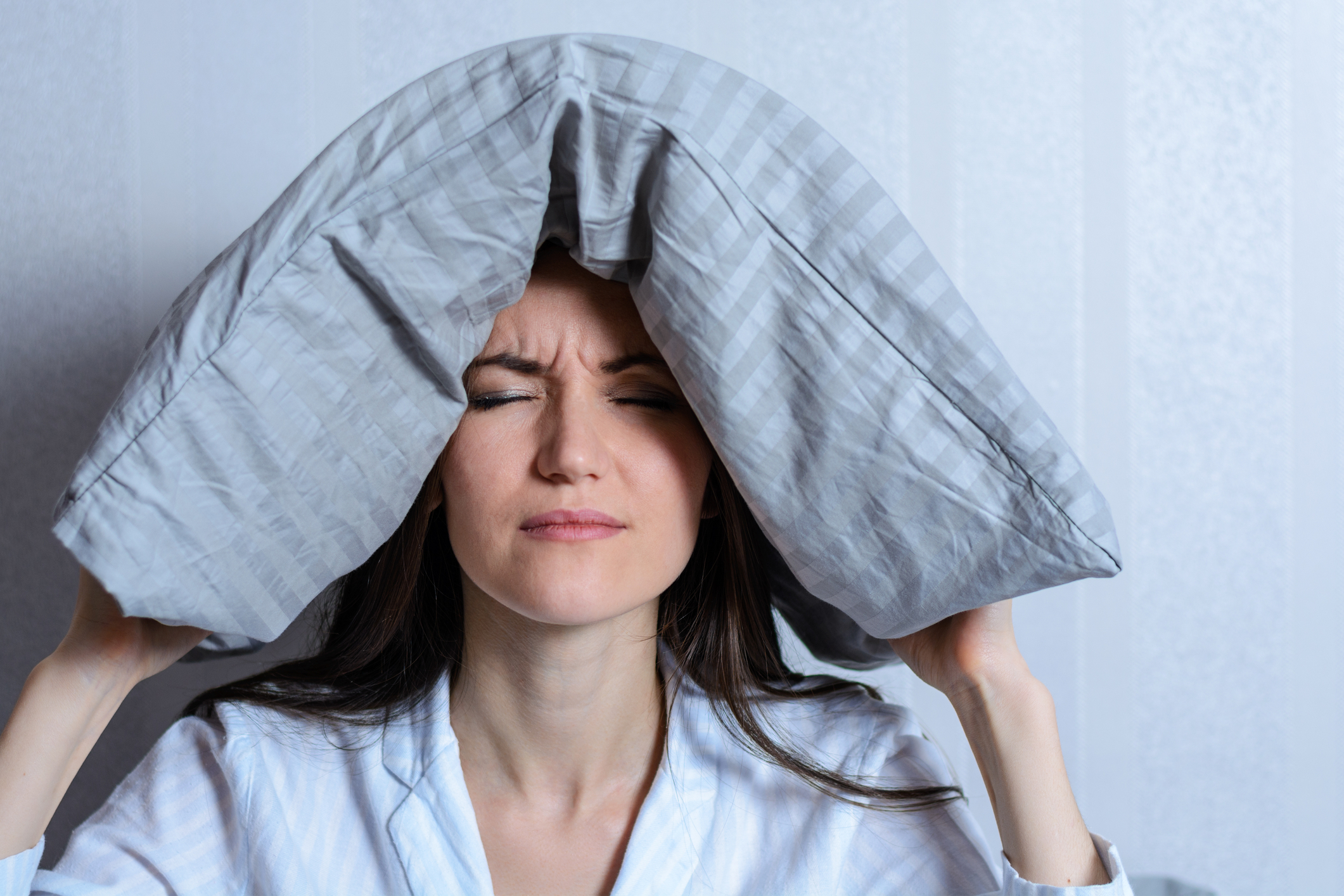Five Underlying Factors Proving Insomnia is More Than Just Sleeplessness
Insomnia, like many disorders, may have its roots in our genetics. Certain genetic markers have been associated with insomnia, based on various research studies. A study headed by the University of Amsterdam identified seven genes linked with insomnia, suggesting that predisposition to the disorder may be inherited. These findings provide a path towards understanding and validating insomnia as a significant health concern.
Moreover, this hereditary link breaks the common myth that insomnia is solely a symptom of other conditions or is caused only by unhealthy sleep habits. Identifying these genetic markers for insomnia helps medical professionals develop better diagnostic tools and treatments in the future. While sleep habits and lifestyle undoubtedly play a role in the manifestation of insomnia, the role genetics play is an underlying factor that cannot be ignored.
Psychological Disorders

It's a well-known fact that insomnia often coexists with mental health disorders. According to the National Institute of Mental Health, insomnia rates are much higher among patients with conditions like depressive disorder, anxiety, and PTSD. These disorders often have disrupted sleep as a common symptom, but research indicates that this is not a one-way street.
Sophisticated studies suggest that the relationship between sleep problems and psychological disorders is complex. Insomnia could potentially lead to the development of these mental health issues, just as these conditions may initiate or exacerbate sleep problems. Thus, treating insomnia can help alleviate the symptoms of psychological disorders and vice versa.